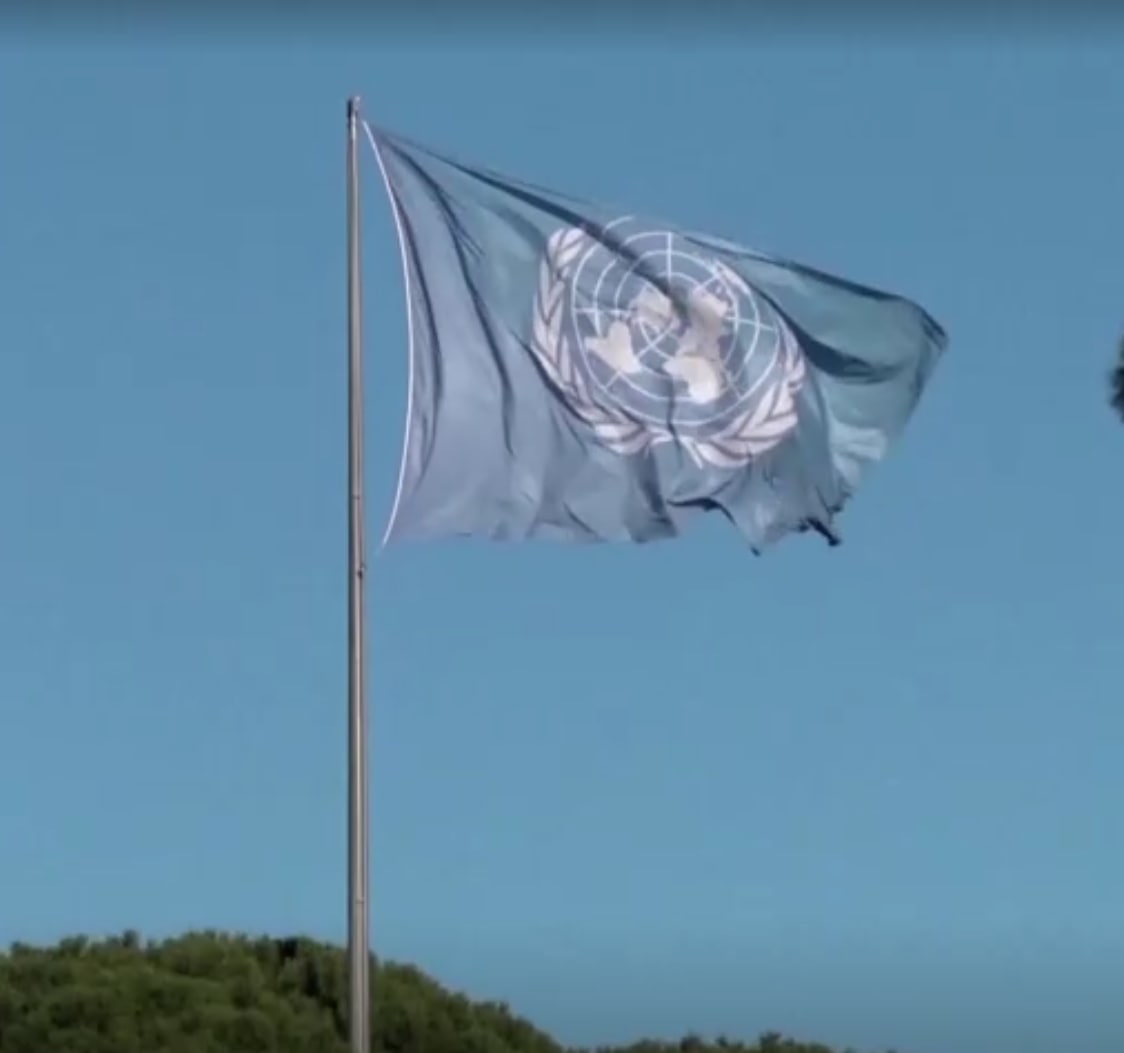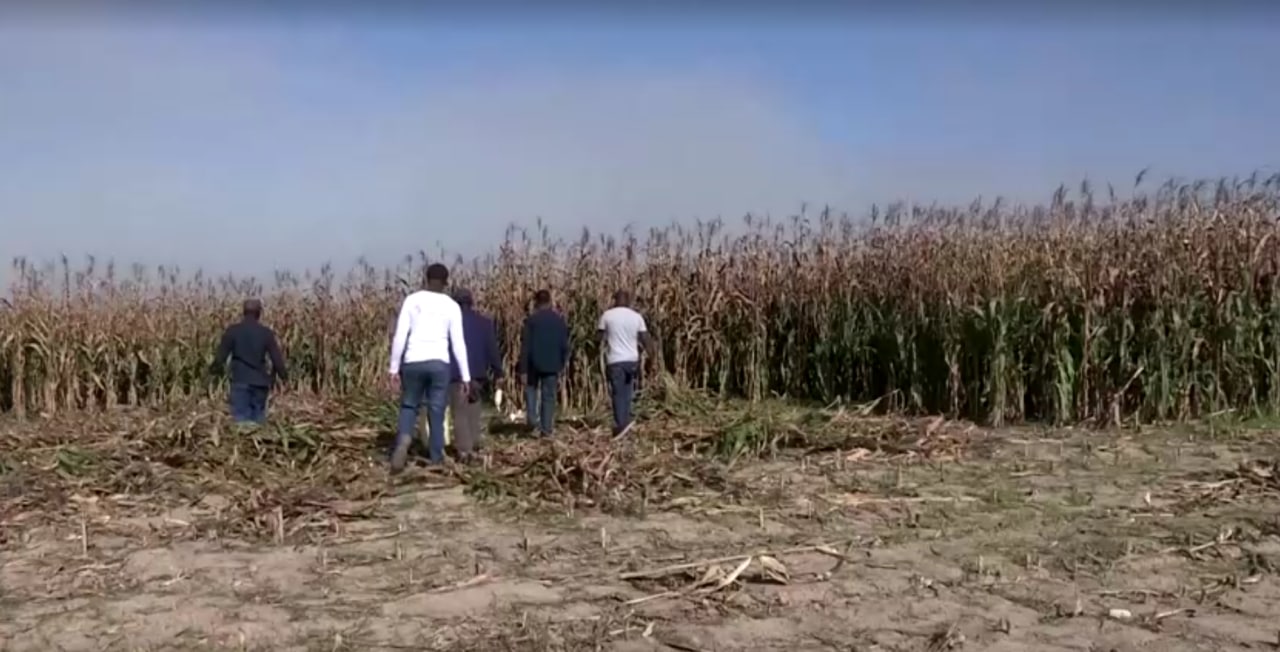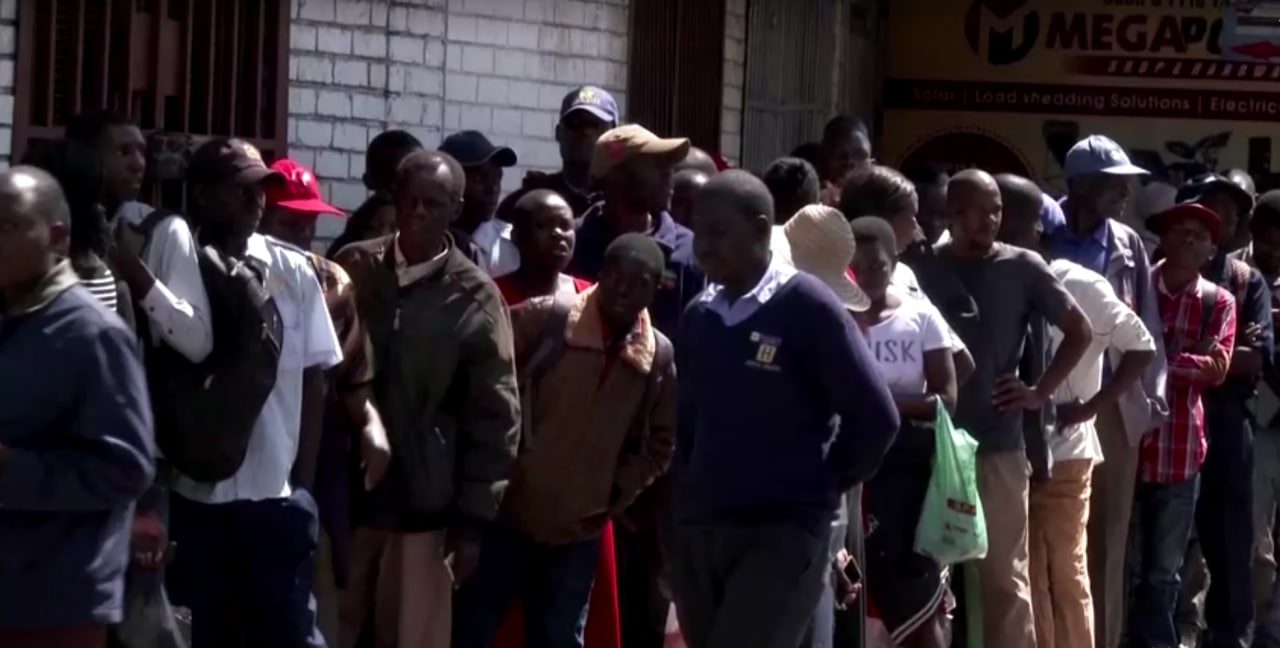INTERNATIONAL: The Russia-Ukraine conflict will put 13 to 15 million people in the world at risk of hunger in 2022, a senior United Nations official said on Thursday.
Oleg Kobyakov, director of the Moscow Office of the United Nations Food and Agriculture Organization (FAO), made the remarks in an interview with the Russian news agency RIA Novosti.
The conflict has raged for more than three months since Russia launched a "special military operation" against Ukraine in late February.
According to the FAO, Russia and Ukraine are the world's largest and fifth-largest wheat exporters, respectively. Together, they provide 19 percent of the world's barley supply, 14 percent of wheat and 4 percent of maize, making up more than one third of global cereal exports.
In Ukraine, which is known as the breadbasket of Europe, the conflict has left unharvest wheat that was planted months ago, while maize and sunflowers sown when the conflict broke out were left unfertilized.
It is estimated that Ukraine's grain production may fall by more than 50 percent in the current season.
Russia is the leading producer of fertilizers, accounting for 13 percent of global production.
Restrictions on Russian fertilizer exports due to U.S. sanctions have led to a surge in global fertilizer prices. This has forced farmers in Brazil, the United States and other major agricultural countries to reduce their use of fertilizers, which could affect future harvests.

























